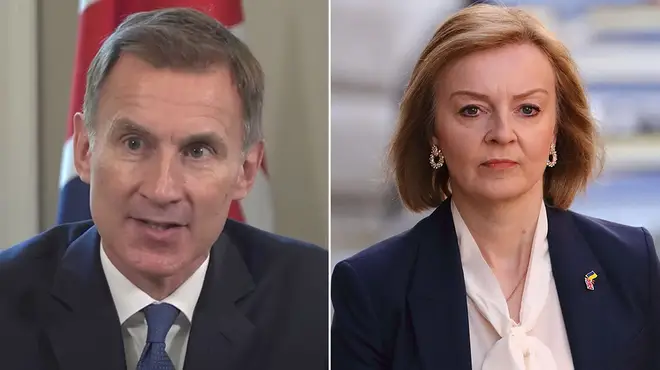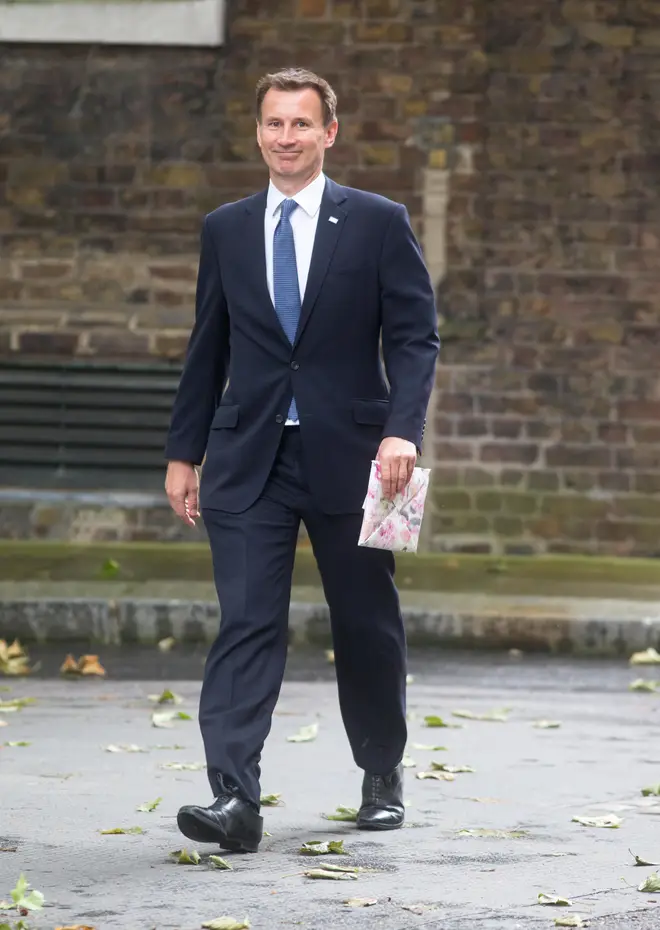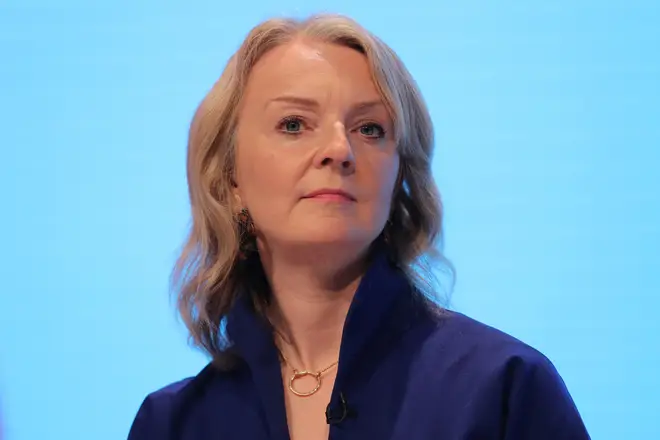
Ben Kentish 7am - 10am
17 October 2022, 12:52

IR35, income tax and National Insurance rises have all seen a major u-turn as Prime Minister Liz Truss changes her policies again alongside new chancellor.
Jeremy Hunt today confirmed that almost all of the tax cuts announced in the original mini budget 2022 in September will be reversed after receiving intense pressure to change it.
Prime Minister Liz Truss saw her new Chancellor of Exchequor, after sacking Chancellor Kwasi Kwarteng, overturn the majority of the policies after the financial markets were left in turmoil along with the value of the pound dropping significantly.
Related article: Four Tory MPs call on Liz Truss to resign as prime minister, claiming 'the game is up'
Related article: Liz Truss is still in charge, insists new Chancellor
So what is the new mini budget outlined by Hunt? And what was it before? Here's all the things that will be changing, including cuts to income tax and National Insurance, and when they will come into action:

What did the September mini budget say?
Corporation tax was due to increase from 19% to 25% in April 2023 but in the new mini budget, Liz Truss and Kwasi Kwarteng cancelled this.
What's happening now to corporation tax?
Following Jeremy Hunt's new statement, this change will no longer happen and all UK corporation tax will go back up to 25% in April 2023.
What did the September mini budget say?
From April 2023, the basic rate of income tax would be cut to 19% (currently 20%) meaning an estimate of 31 million people would receive £170 a year more.
The higher rate of income tax bracket (45%) would be abolished and that there would be only one single higher rate at 40%.
What's happening now to income tax?
Before being fired from his position, Mr Kwarteng had already changed his policy on the abolishing of higher rate tax changes.
There will also be no cut in the basic income tax rate so it will remain at 20%.
Jeremy Hunt confirmed a reverse in the recent rise of National Insurance and that this would happen from November 6.
The new Health and Social Care Levy, which was being introduced to pay for the NHS, will now be abolished too.


Chancellor Jeremy Hunt sets out new Medium-Term Fiscal Plan Measures
All rules around IR35 will now be simplified and regulations around pensions will change so funds can increase UK investments.
New and start-up companies are also now able to raise up to £250,000 under scheme giving tax relief to investors.
A cut to stamp duty will continue with there being no stamp duty on the first £250,000 on homes. First time buyers will see no stamp duty on prices up to £425,000.
There will now be a freeze on energy bills which the government believes will reduce inflation.
The flagship energy price help that Ms Truss has tried to promote as a key win during her time as Prime Minister will end in April and be replaced with more targeted help, Mr Hunt said in a statement on Monday morning.